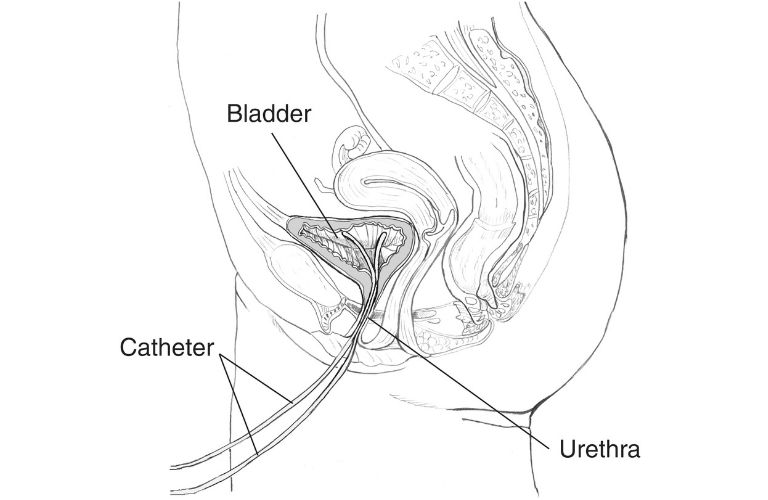
Our focus on personalized care sets us apart.
Here are some common questions about our Urethral Stenosis and how we can help you.
Urethral stenosis can be caused by injury, infection, or inflammation among other factors. Our urologist will conduct a thorough examination.
Diagnosis typically includes a physical exam, medical history review, and tests such as uuroflowmetry to assess the stenosis.
Treatment options vary from medical management and endoscopic surgery to potentially advanced methods depending on the severity of the stenosis.
Recovery time can differ based on the treatment type, but many patients return to normal activities within a few weeks.

Experience significant relief with restored urinary function.

Expert treatment minimizes painful symptoms associated with urethral stenosis.

Our treatments are tailored specifically to meet your individual needs and conditions.

We provide ongoing support and monitoring after treatment for peace of mind.

Advanced techniques lead to quicker recovery and less post-procedure pain.

Receive psychological and emotional support throughout your treatment journey.
It’s completely normal to have concerns regarding treatment. Our expert team is here to guide you through the process, addressing fears about recovery, costs, and potential complications.
Our procedures are designed to minimize discomfort, and detailed pain management plans are provided.
We offer flexible payment plans and options to make care accessible. Our team can help you navigate insurance benefits.
Like any medical procedure, there are risks, but they are minimal with our experienced specialist and proper care protocols.
Recovery depends on the treatment, but many patients resume normal activities within a few weeks.
Our pricing structure is transparent and competitive, ensuring patients receive premium care within their budget.
Detailed evaluation and discussion of symptoms.
Prices vary based on tests required.
Costs depend on the type of treatment selected.
I felt cared for every step of the way.
Hear from our patients about their experiences.